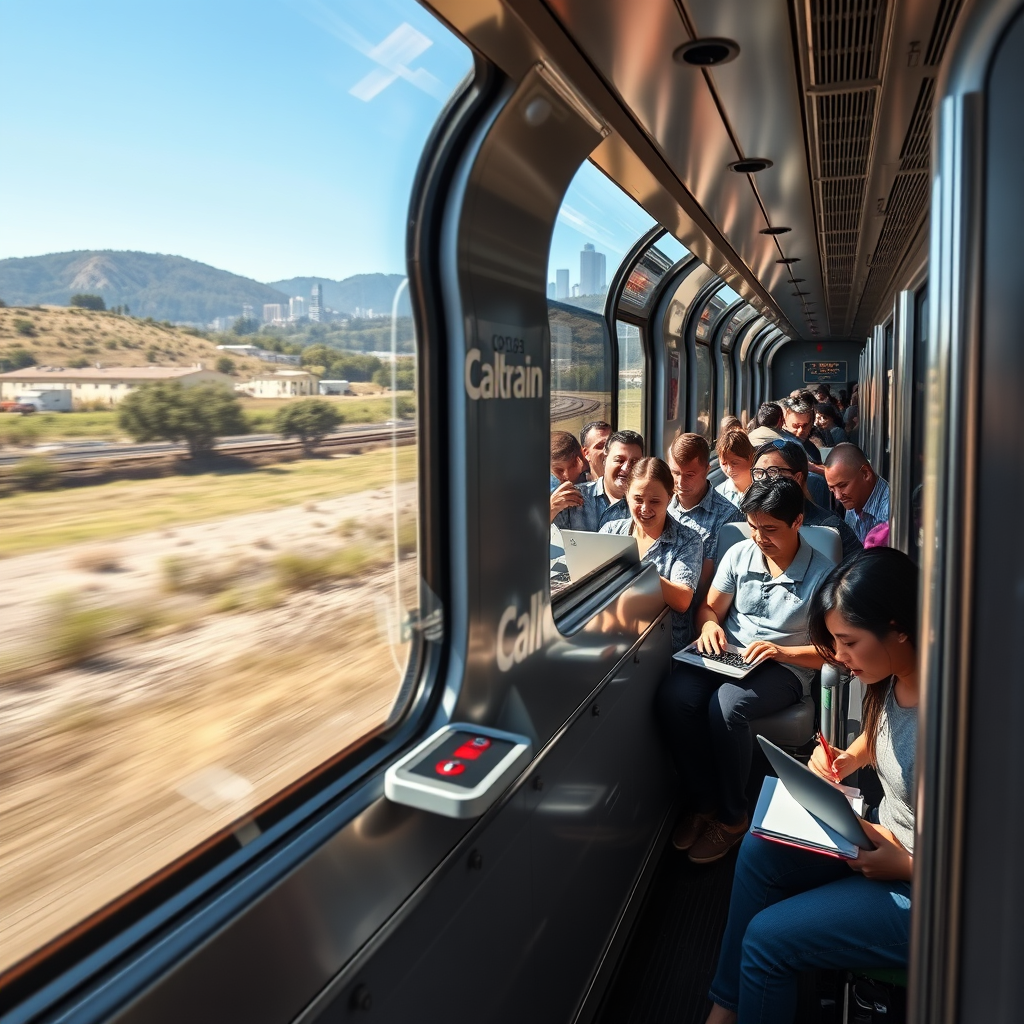Stadler’s Poland Plant: Rail Tech Innovation

Introduction
The global railway industry is undergoing a significant transformation, driven by the demand for more efficient, sustainable, and technologically advanced rolling stock. This evolution necessitates innovative manufacturing processes and strategic investments in specialized components. This article examines the recent opening of Stadler’s new traction power converter plant in Białystok, Poland, highlighting its significance for Stadler’s global operations, its impact on the local economy, and its contribution to the broader advancements in railway technology. The plant represents a significant step in Stadler’s vertical integration strategy, allowing for greater control over the supply chain and enhanced capabilities in the design, production, and testing of crucial components for its diverse range of rail vehicles. Furthermore, the plant’s establishment underscores the growing importance of Poland as a hub for railway manufacturing and technological innovation in Europe. We will explore the plant’s capabilities, its anticipated impact on employment, and its role in fostering collaborations within the local academic and industrial ecosystems.
Stadler’s Białystok Plant: A Strategic Investment
Stadler’s decision to establish a dedicated traction power converter (TPC) plant in Białystok underscores a strategic shift towards greater vertical integration within its manufacturing process. By producing these critical components in-house, Stadler gains greater control over quality, delivery times, and overall costs. This is particularly crucial in the face of increasing global demand for modern, energy-efficient rail vehicles. The plant’s focus on the development and manufacturing of TPCs, auxiliary power converters (APCs), and battery chargers for various rail applications, including trams, metro systems, and custom-built vehicles (e.g., rack and pinion and narrow-gauge railways), showcases Stadler’s commitment to providing comprehensive solutions across different rail segments. The 7,000m2 facility boasts advanced testing capabilities, allowing for rigorous simulations under realistic operating conditions, ensuring the reliability and performance of the manufactured converters.
Employment and Economic Impact
The Białystok plant is projected to create up to 250 new jobs, significantly contributing to the local economy. This includes a wide range of roles, spanning construction, electrical and control engineering, software engineering, system engineering (specializing in power electronics), and commissioning and service personnel. Stadler’s commitment to recruiting locally and collaborating with Białystok University of Technology demonstrates a proactive approach to developing local talent and strengthening the regional workforce. This commitment extends beyond immediate employment to fostering a skilled workforce capable of supporting ongoing technological advancements within the railway sector. The plant’s strategic location also facilitates efficient supply chain management and reduces logistical complexities.
Technological Advancements and Collaboration
The plant’s advanced technology and testing facilities represent a significant leap forward in Stadler’s capabilities to produce cutting-edge traction power converters. The ability to rigorously test these components under simulated real-world conditions ensures their superior performance and reliability, crucial for ensuring the safe and efficient operation of rail vehicles. Moreover, Stadler’s plans to collaborate with local partners and educational institutions emphasize a commitment to innovation and continuous improvement. This synergistic approach leverages the expertise of local suppliers and fosters the development of skilled professionals within the region, contributing to the long-term growth and sustainability of the railway sector.
Conclusions
The inauguration of Stadler’s traction power converter plant in Białystok marks a significant milestone for both the company and the Polish railway industry. The plant’s strategic location, advanced technological capabilities, and commitment to local workforce development position it as a center of excellence for traction power converter production. This vertical integration strategy allows Stadler to enhance its control over the supply chain, improve product quality, and meet the growing global demand for sophisticated rail vehicles. The plant’s projected creation of 250 jobs represents a considerable boost to the regional economy, fostering local talent development through collaborations with educational institutions. This proactive approach not only contributes to the economic well-being of the region but also ensures a skilled workforce equipped to support the ongoing advancements within the railway sector. The Białystok plant’s success will be instrumental in Stadler’s broader goal of equipping over 1,000 vehicles with its converters by mid-2026, showcasing its commitment to technological advancement and global market leadership. The plant’s advanced testing facilities, enabling realistic simulations, ensure the high reliability and performance of Stadler’s power converters, contributing to safer and more efficient railway operations worldwide. In conclusion, the Białystok plant serves as a model for successful collaboration between industry and academia, combining technological innovation with sustainable economic growth and workforce development. Its impact extends beyond the immediate regional context, shaping the future of railway technology and contributing to the overall enhancement of global rail transportation systems.




